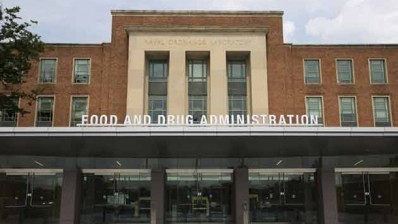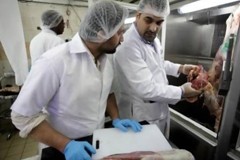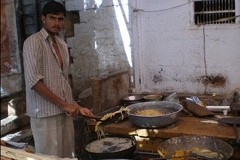Standards firm opens lab to tap into India's ‘food safety revolution’

Dr Guido Rettig, chairman of the parent company’s board, was present at the opening of the state-of-the-art laboratory and offices, and said that they will house some of the most advanced analytical equipment in the world. He also announced the launch in 2013 of a centre of excellence for food safety at the 20,000sq-ft facility.
TÜV’s Indian operation already provides services to several thousand customers across the wider subcontinent, but according to Rettig, the new centre will also help local exporters access worldwide markets through testing, certification and training services. Last year, it contributed €1.4bn to TÜV's turnover—corresponding to almost one-sixth of overall operations.
Referring to “the advent of Indian food safety revolution” Rettig vowed to support the local industry and regulators to improve standards.
Too much going to waste
In spite of being one of the world’s largest food producers, India presently processes only between 3-4% of the world’s food production, wasting much of it due to the lack of adequate infrastructure like cold-storage and supply logistics.
“As such, there remains tremendous opportunity for India to fulfill its food security requirements,” said Rettig. “There is a huge latent opportunity for India to become one of the major sourcing hubs for its produce and ethnic food items. However, there is a large gap in terms of meeting international standards and expectations.”
According to Anil Rairikar, managing director of TÜV India; “With the implementation of the new Food Safety & Standards Act, India needs the services of accredited, third-party testing laboratories more than ever before.
“Globally, food safety concerns go much beyond routine quality testing, and products are now tested for safety aspects like pesticide residues, toxins, dioxins, and antibiotic and hormone residues, and these require very sophisticated capabilities.”
The new lab has already been approved by NABL, APEDA, FSSAI and AGMARK, and will also shortly be seeking EIC, BIS, FDA AND German QS approvals.











